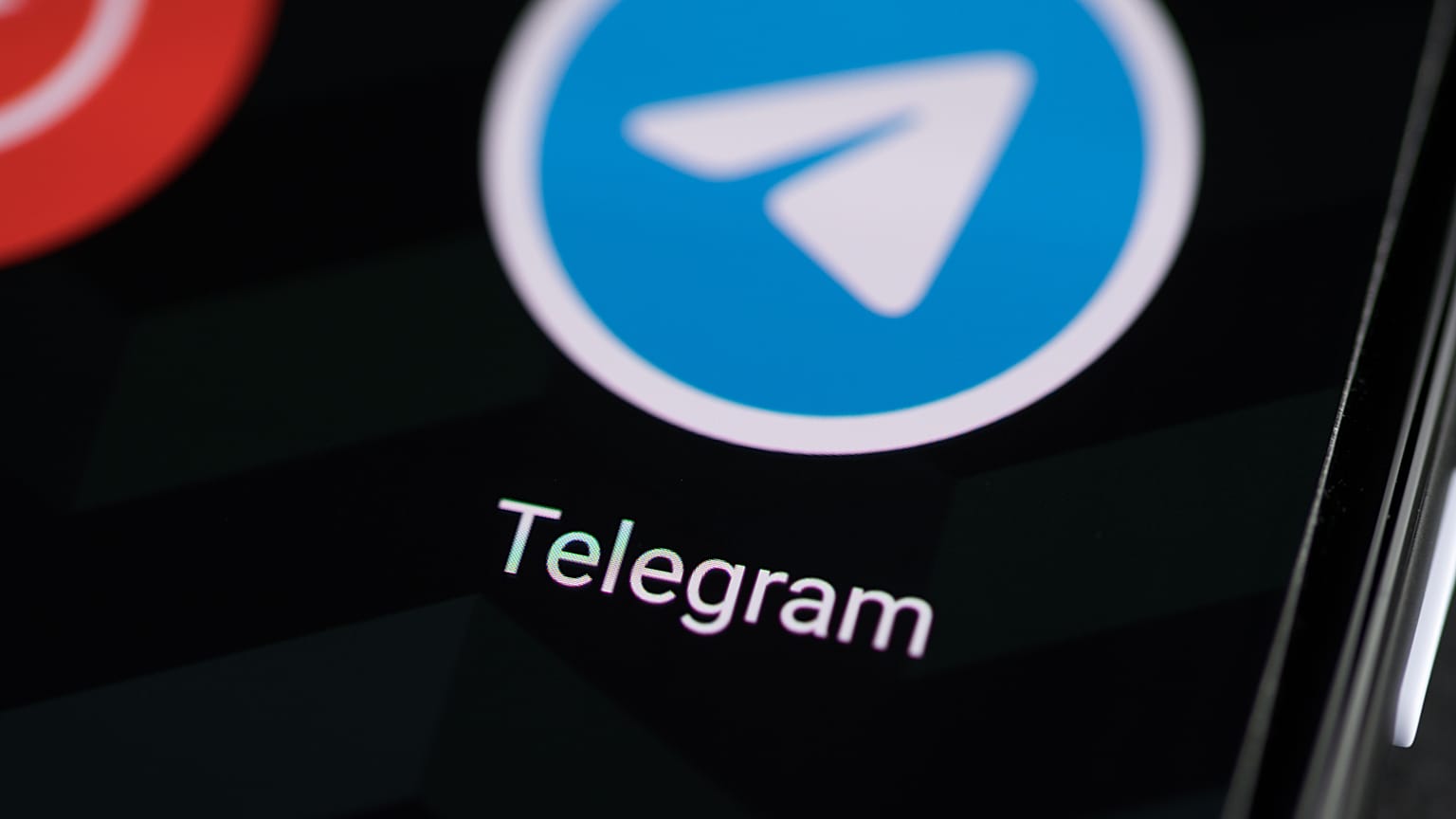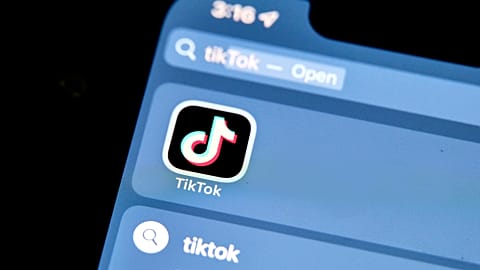Belgian authorities to monitor excessive rise in drug channels on the platform.
Messaging service Telegram continues to dodge designation as a Very Large Online Platform (VLOP) under the EU’s platform rules, because its user numbers do not yet exceed 45 million monthly users in the bloc, a spokesperson for the Belgian Digital Services Coordinator told Euronews.
 ADVERTISEMENT
ADVERTISEMENT
 ADVERTISEMENT
ADVERTISEMENT
“Depending on how active users of the service are counted, it is possible to arrive at different numbers,” the Belgian Institute of Post and Telecommunications (BIPT ) told Euronews.
“We have not received any numbers to date that would indicate more than 45 million monthly active users,” the spokesperson said. Discussions between BIPT, the European Commission and Telegram are ongoing and unlikely to end by mid-August. If a designation takes place, this is likely to happen after the summer.
Telegram said in February that it has 41 million monthly average users, which is slightly lower than the VLOP threshold of 45 million per month, under the EU’s Digital Services Act (DSA).
The company states that the number "relevant for calculating this threshold is believed to be even lower, since only some of Telegram’s functions may qualify as “online platforms” under the DSA."
The platform’s founder, Russian-born Pavel Durov, previously said that he thinks the company will hit one billion users worldwide in 2024. The app – which is headquartered in Dubai – currently also claims to have passed 900 million active monthly users globally.
Telegram chose Belgium as its legal representation in the EU in May, meaning that BIPT is tasked with overseeing the platform’s compliance with the DSA – in areas such as transparency and content moderation – until it becomes a VLOP.
Drugs chats
Until recently EU regulators – besides law enforcement authorities – did not have many tools to tackle illegal content on the platform.
For example, Telegram has become a popular platform for selling hard drugs because of its end-to-end encrypted messaging, which makes it difficult for law enforcement authorities to monitor the activities of vendors. The large quantities of ads for such illegal products online give the impression that Telegram hardly intervenes.
In Germany, the police seized a total of nine chat groups in Telegram in 2020 as part of an investigation in six federal states in which suspects illegally trafficked drugs, forged documents and goods. Trade in illegal goods and services via Telegram is an alternative to trading platforms on the "Darknet", the police said.
The Lithuanian police said in January that it has set up specialised units to monitor Telegram and other chat apps to curb increasing online drug trafficking. Police said that the number of drug dealers had increased in recent years with individuals actively using Telegram. Last year, the Riga police unit detained 78 persons operating in Telegram chats.
In the Netherlands, research by public broadcaster NOS suggested that in 2023 alone, some 2.5 million drug ads were published in 21 different chat groups.
The country’s justice minister said in a letter to parliament in March this year that moderating the platform is “primarily Telegram's responsibility”.
“This kind of 'self-cleaning ability' is also applied by other social media platforms. I am also committed to this at Telegram. Unfortunately, we have not yet succeeded, because it is difficult to get in touch with Telegram and to make arrangements,” the minister wrote.
Telegram did not respond to a request for a comment.

















